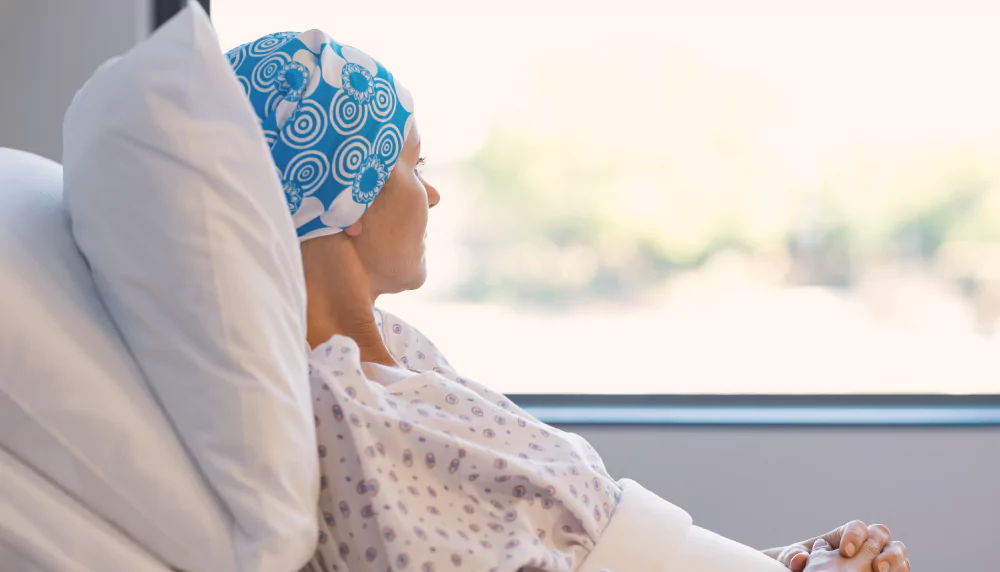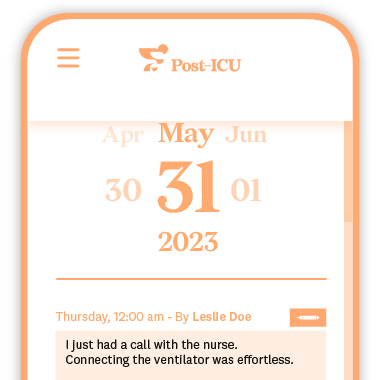Journaling is an emerging therapeutic practice with many benefits for cancer patients, including improved mental health, stress relief, and improved social connections. Writing about personal experiences can help patients express complex emotions, reduce anxiety and depression, and build resilience. Studies support that journaling fosters emotional clarity and self-awareness, which can help patients manage the psychological and physical challenges of cancer treatment. In this article, we explore all the benefits of journaling for cancer patients.
Emotional Benefits
Cancer treatment often brings complex emotions, such as fear, sadness, and anger. Journaling offers a private space for patients to explore these feelings, leading to positive mental health outcomes.
Reduces Anxiety and Depression
Many studies show that journaling helps reduce anxiety and depression among cancer patients. Writing down fears or struggles can be cathartic, providing relief from pent-up emotions and creating a sense of calm. For oncology patients, journaling provides a structured way to articulate fears, which in turn can help them feel less overwhelmed and bring clarity. Research highlights that regular journaling reduces psychological distress, helping patients develop a more resilient mindset.1Smyth, J. M., Johnson, J. A., Auer, B. J., Lehman, E., Talamo, G., & Sciamanna, C. N. (2018). Online positive affect journaling in the improvement of mental distress and well-being in general medical patients with elevated anxiety symptoms: A preliminary randomized controlled trial. JMIR mental health, 5(4), e11290.
Boosts Self-Awareness and Emotional Resilience
Journaling promotes self-awareness by encouraging patients to reflect on their experiences. By recording their thoughts and feelings, patients gain insight into their emotional triggers and coping strategies. This increased self-awareness empowers patients to face cancer treatment with a proactive, reflective mindset. Studies show that self-awareness fosters resilience, helping patients cope with difficult emotions and make empowered decisions about their treatment and lifestyle.2Smyth, J. M., Johnson, J. A., Auer, B. J., Lehman, E., Talamo, G., & Sciamanna, C. N. (2018). Online positive affect journaling in the improvement of mental distress and well-being in general medical patients with elevated anxiety symptoms: A preliminary randomized controlled trial. JMIR mental health, 5(4), e11290.
Alleviates Stress and Improves Overall Quality of Life
Cancer treatment is often accompanied by high stress levels, which can negatively impact the immune system, energy levels, and sleep patterns. Expressive writing can significantly reduce stress, allowing patients to experience an improved quality of life during treatment. Journaling provides a dedicated outlet for stress, offering mental relaxation that can contribute to better sleep, a stronger immune response, and an enhanced sense of well-being. When practiced regularly, journaling becomes a form of self-care, helping patients cope with the physical demands of cancer treatment.3Zakowski, S., Ramati, A., Morton, C., Johnson, P., & Flanigan, R. (2004). Written emotional disclosure buffers the effects of social constraints on distress among cancer patients.. Health psychology :official journal of the Division of Health Psychology, American Psychological Association, 23 6, 555-63.
Physical Benefits of Journaling
The benefits of journaling extend beyond emotional health; it can also positively influence physical health outcomes for oncology patients. By helping patients manage stress and stay mindful of their physical routines, journaling has been linked to overall improvements in physical well-being.
Reduces Physical Stress Response
Chronic stress can interfere with the body’s natural healing processes. Studies show that patients who journal consistently experience lower levels of physical stress, as the act of writing allows them to work through negative emotions that might otherwise contribute to poor health outcomes. 4Smyth, J. M., Johnson, J. A., Auer, B. J., Lehman, E., Talamo, G., & Sciamanna, C. N. (2018). Online positive affect journaling in the improvement of mental distress and well-being in general medical patients with elevated anxiety symptoms: A preliminary randomized controlled trial. JMIR mental health, 5(4), e11290. Lower stress levels can lead to better immune function, enhanced recovery, and potentially even improved prognosis.
Promotes Improved Lifestyle and Treatment Adherence
Some oncology care teams recommend journaling as a way for patients to stay engaged in their treatment plans. By documenting physical activities and nutrition goals, patients are better able to monitor and maintain their habits, such as gentle physical exercise, which may help with fatigue and improve mood. Journaling about diet and exercise can act as a motivational tool, encouraging patients to stay active and adhere to healthier routines that benefit their recovery and overall energy levels. Additionally, tracking how they feel during treatment can help patients improve communication with their doctors, manage their symptoms and experience better quality of life overall. 5 Speece, N., Xu, M., Tinoco, G., Liebner, D., & Chen, J. (2021). Randomized Prospective Trial Exploring the Impact of Structured Journaling in Patients With Sarcoma on the Management of Treatment-Related Adverse Events. JCO Oncology Practice, 18, e250 – e260.
Social Benefits of Journaling
For many patients, cancer treatment can feel isolating. Journaling offers a way to foster connection and remind patients of their support networks.
Feeling connected to others is crucial for mental health, especially during challenging times. Reflecting on social connections and expressing gratitude through journaling allows patients to see their support systems in a positive light. Studies show that perceived social support is linked to better mental health, and for oncology patients, this support is essential.6Lakey, B., & Orehek, E. (2011). Relational regulation theory: a new approach to explain the link between perceived social support and mental health.. Psychological review, 118 3, 482-95
Integrative Health Approaches and the Role of Journaling
Oncology treatment has traditionally focused on chemotherapy, radiation, and surgery. However, there is a growing recognition of integrative health approaches, which combine conventional treatments with supportive practices like journaling and meditation. These approaches address the whole person rather than just the disease, offering therapeutic benefits that enhance patients’ overall quality of life.7O’Brien, K., Ried, K., Binjemain, T., & Sali, A. (2022). Integrative Approaches to the Treatment of Cancer. Cancers, 14.
Journaling, as part of a holistic cancer care plan, provides emotional relief, encourages personal growth, and improves mental health outcomes. By focusing on both the physical and emotional aspects of healing, integrative health approaches have the potential to enhance patient resilience, foster well-being, and ultimately support a higher quality of life.
The Role of Positive Psychology and Expressive Writing in Cancer Care
Positive psychological interventions (PPIs) have shown significant benefits for cancer patients, with expressive writing being a prominent component. Positive Affect Journaling (PAJ), in particular, has proven effective for enhancing social integration and psychological well-being. Studies highlight that by reflecting on positive experiences, patients can reduce distress, improve mood, and foster resilience.[/mfn]8Tan, T., Tan, M., Lam, C., Loh, E., Capelle, D., Zainuddin, S., Ang, B., Lim, M., Lai, N., Tung, Y., Yee, H., Ng, C., Ho, G., See, M., Teh, M., Lai, L., Singh, R., Chai, C., Ng, D., & Tan, S. (2021). Mindful gratitude journaling: psychological distress, quality of life and suffering in advanced cancer: a randomised controlled trial. BMJ Supportive & Palliative Care. https://doi.org/10.1136/bmjspcare-2021-003068. These interventions encourage oncology patients to identify strengths and moments of gratitude, which can profoundly influence their outlook and quality of life.
Digital Journaling Interventions
Digital journaling platforms are becoming more popular as a cost-effective way to provide psychological support for oncology patients. These platforms are often easier to access than traditional in-person therapy and can serve as an accessible medium for regular self-expression. Online journaling options also facilitate adherence, as patients can journal from the comfort of their homes, increasing the likelihood that they will maintain the habit.9Smyth, J. M., Johnson, J. A., Auer, B. J., Lehman, E., Talamo, G., & Sciamanna, C. N. (2018). Online positive affect journaling in the improvement of mental distress and well-being in general medical patients with elevated anxiety symptoms: A preliminary randomized controlled trial. JMIR mental health, 5(4), e11290. One such platform is Journafy’s Oncology Journal – a web-based platform that can be offered to oncology patients as a easy-to-use, simple, privacy-protecting journaling solution.





